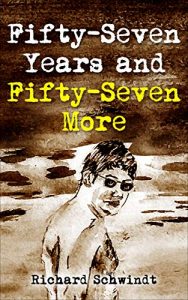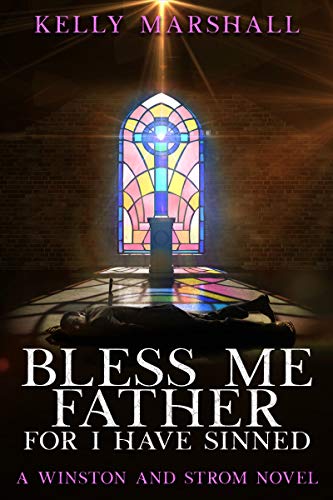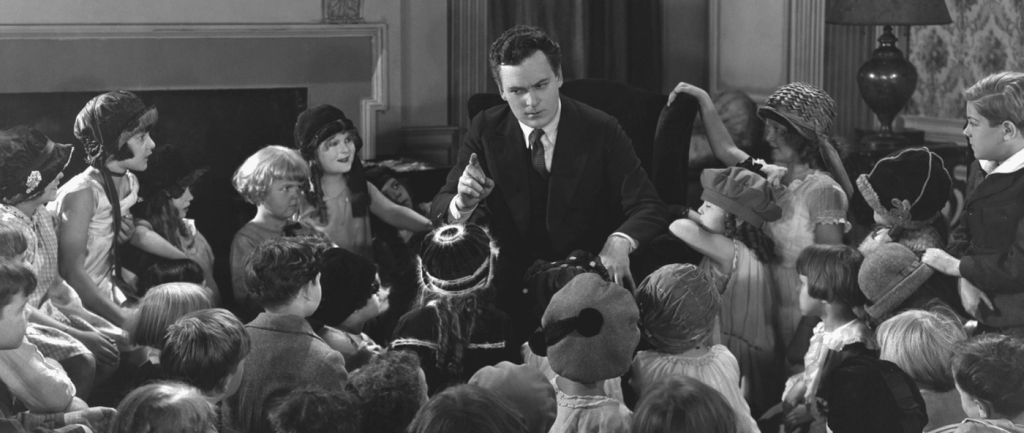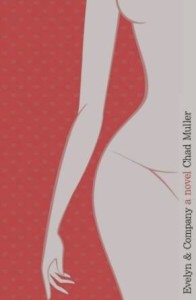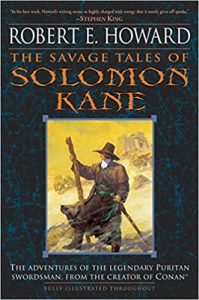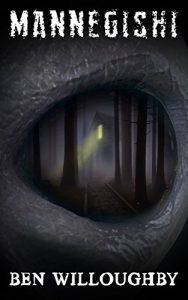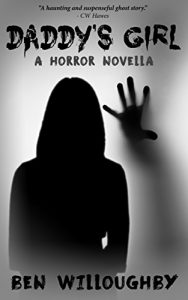Last week we took a look at the business side of being an indie authorpreneur. We saw that there are writers who are making piles of money, and those who are strong mid-listers. The mid-listers aren’t on the bestseller lists — but they earn enough to make a decent living. Then there are the rest of us.
We also learned there are no magic wands. There is only work.
TANSTAAFL
Robert Heinlein, in The Moon is a Harsh Mistress, popularize the term TANSTAAFL — There Ain’t No Such Thing As A Free Lunch.
TANSTAAFL is at the core of economics — and business is economics.
Everything has its cost. Nothing is free. Somebody somewhere always foots the bill. It may be free to me, but somebody is paying for it to be free to me.
So why is it many writers don’t see selling books as a business? I can’t tell you. However, all one has to do is take a look at Penguin Random House to know that publishing is a business. There is a bottom line. The company, or sole proprietor, either makes money or goes out of business.
There is a third path that indie authors can take: they can write and publish books as a hobby. And some indies do take that road.
Most, however, have dreams of quitting the day job and telling stories for a living. It is possible. But it takes work. As I quickly found out after just a few months.
The Business Model
Barring the one in a million chance I am going to write a runaway bestseller like Gone With The Wind or To Kill A Mockingbird at my first go, I am going to have to work to sell my books. So how do I do that?
We said last week that McDonald’s success lies not in its burgers and fries, but in the location of its restaurants.
A good location provides traffic. The traffic will see those Golden Arches and say, “Hey, I’m hungry. I’ll grab a burger. I don’t have to go out of my way to get lunch.” And McDonald’s makes money.
What we have is:
Traffic —->Desire to Buy = Money
If we want to make a lot of money, there’s a third step:
Traffic —->Desire to Buy —->Scale up = Lots of Money
That is the business model in a nutshell. All successful businesses follow that model.
We indie authors must generate traffic to our books. We must make those books so attractive that lookers become buyers. And if we want to make a lot of money, then we have to scale up the business.
Some Ways to Get Traffic
The first step is to get eyes on your book. How do you do that?
Word of mouth. People like your book and tell others about it. The best advertising.
Social media. Works something like word of mouth. Is perhaps most effective if people read your book, like it, and then go on and tell their followers about it.
Promotions. Tactics such as loss leaders, raffles/sweepstakes, and giveaways can get eyes on your book and gain you buying readers down the road.
Advertising. Paying for ads to get your book before potential readers is an expensive, yet frequently used tool. You will need deep pockets at the beginning until you learn how to make advertising effective so that it will sustain itself through sales.
The Mailing List
After nearly 6 years in the independent author/publisher business, I am convinced of one thing: indie authors are mail order businesses.
Think about how people get your books. They get them by mail: email or snail mail.
We indie authors are mail order businesses.
Which means we need to create and build a mailing list.
There are lots of tools available with which to build your list.
-
-
- You can ask people.
- Social media is also a way you can attract people to your list. Although, I don’t get many sign-ups from social media.
- Giveaways. Give away a reader magnet using ProlificWorks or BookFunnel. This works best if you join a multi-author promotion, because you will get more traffic. Be aware that you will get a lot of freebie grabbers. But you will also get some gold.
- Raffles. I never used a raffle. But from what others say, they can be successful. They can also be a miserable failure. In the end, they are just another form of the giveaway. You will get a lot of chaff and a small amount of wheat.
-
Initially, I asked people I knew if they would like to be on my list. I didn’t ask everyone, just those who I thought might be interested
Once I got a small list established, I used ProlificWorks to build my list. I offered my first in series free, and joined several promotions. I got a lot of subscribers. And a lot of unsubscribers. And the latter are fine, because you don’t want them on your list if they have no interest in you. Mailing lists cost money.
To make your mailing list effective and cost efficient, you will need to periodically winnow the list.
Perhaps once a year send an email to those subscribers who don’t open any of your emails or who don’t buy anything and ask if they are still interested in being on your list. To show that they are interested, you can have them click on a link to your Amazon book page.
Those that don’t click or tap the link remove from your list. Because those folks aren’t interested in you or your books.
Some people advocate having a lot of subscribers on your mailing list. Because according to statistics, they say, a large list equals a lot of sales. And perhaps that is true. But a mailing list costs money. It is not free. To make it an efficient and effective list you will need to get rid of those people who show no interest in you. That is just good business.
Comments are always welcome! And until next time, happy reading — and writing!
Share This!